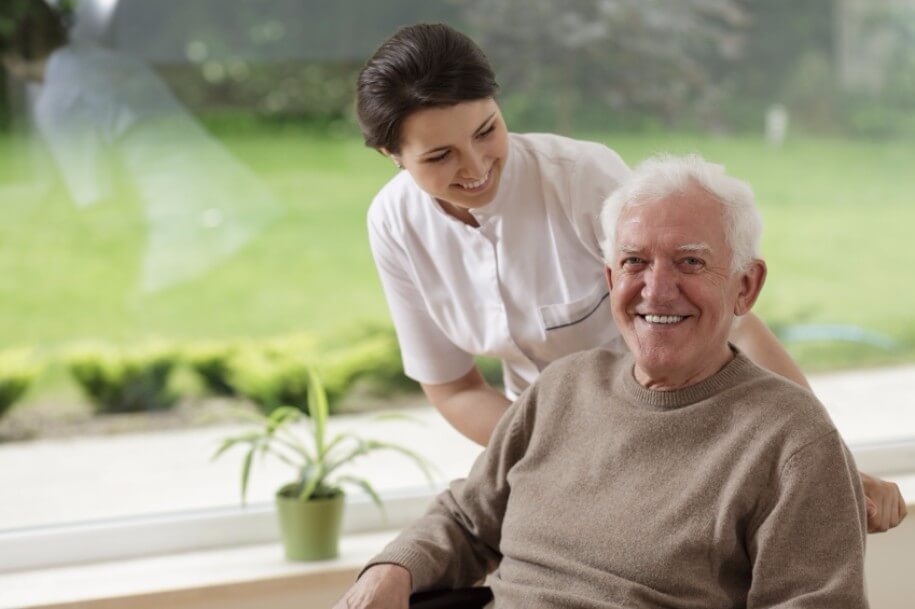
If you have ever had chickenpox or been vaccinated against this condition, the shingles virus is laying dormant in your system. With a strong immune system, limited exposure to stress and a healthy lifestyle, chances are good it will stay that way. However, about one-third of the population will get shingles. The risks increase as we age. This painful virus causes a rash, burning or tingling sensation and can even lead to more permanent neurological damage. There are many myths associated with shingles. Let’s explore a few of them.
Shingles is a virus that only the elderly are susceptible too
Individuals over the age of 60 are at an increased risk of developing shingles. However, no age group is completely free from risk. Shingles can occur in young or old males and females if a person has had chickenpox or been vaccinated against it. Some factors increase risks. These including having some forms of cancer, exposure to chemotherapy, certain medications and a positive diagnosis of HIV or AIDs. Stress, a weakened immune system and an unhealthy lifestyle also put a person at an increased risk of developing shingles.
I was given the chickenpox vaccine so I am safe from shingles
If you were vaccinated against chickenpox or varicella, the virus is still inside your system. This means that you can develop shingles, but your risks are lower. Those who do develop the virus but were vaccinated against chickenpox often experience fewer side effects. However, they are not completely safe from shingles.
I was vaccinated against shingles so I will not develop the virus
While the shingles vaccination is typically recommended for seniors over the age of 60, it is not guaranteed to protect you against the virus. However, it does reduce a person’s risk of developing shingles. People who are vaccinated and get shingles often experience less side effects and a decreased risk of developing more permanent nerve damage.
There is nothing a person can do if they develop shingles
Thanks to modern medical developments, a person who develops shingles does have options if they visit a medical professional for a prompt diagnosis. Anti-viral medications often help to relieve side effects and decrease the severity of the virus. Doctors can also prescribe topical medications to relieve itching and pain and decrease the risk of skin infections. Additionally, individuals find relief with at-home remedies including oatmeal baths, vitamin E oils, aloe vera gel and itch-relief lotions. Increasing intake of healthy foods and getting plenty of rest are also important. Some seniors find this easier with support from family, friends or a professional caregiver.
I had shingles once, and that means I cannot get it again
Unlike chickenpox, it is possible to develop shingles more than once. Most people will experience less severe symptoms the second time around. However, the virus is still often uncomfortable and can result in more permanent neurological damage and pain that might last for years. Seniors can reduce their chances of developing shingles again by maintaining a strong immune system, avoiding stress and seeing their doctor regularly for wellness checks. Many medical professionals will recommend vaccinations even if a senior has previously developed shingles.
Shingles is a painful condition that impacts quality of life and independence, sometimes even permanently. Symptoms of this virus include a red rash on one side of the trunk, pain, tingling or burning sensations in the body, a rash that develops blisters and later, headaches, abdominal pain or confusion. If you or a loved one develop any of these symptoms, take them seriously, and see a doctor for prompt care. If you need support at home throughout recovery, Salus Homecare Orange County is always here to help. Call us anytime to discuss your concerns or arrange a complimentary, no obligation evaluation.


